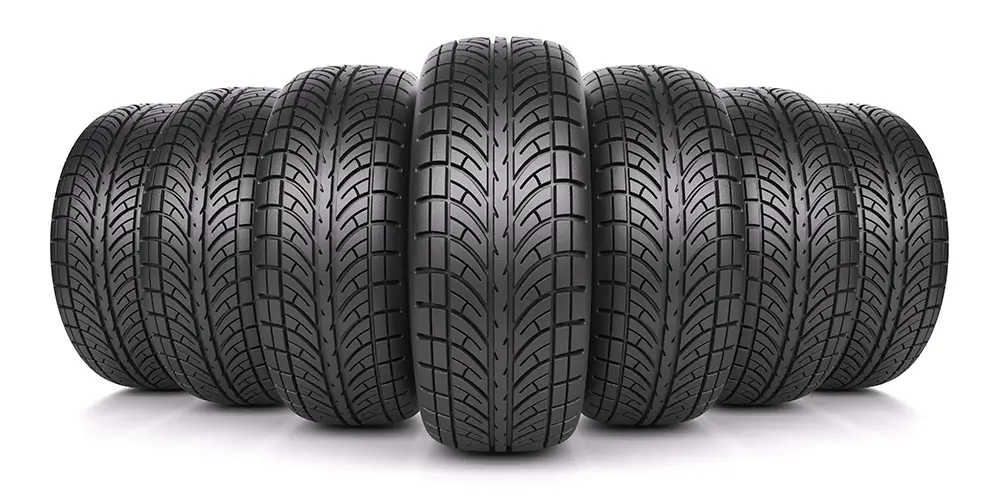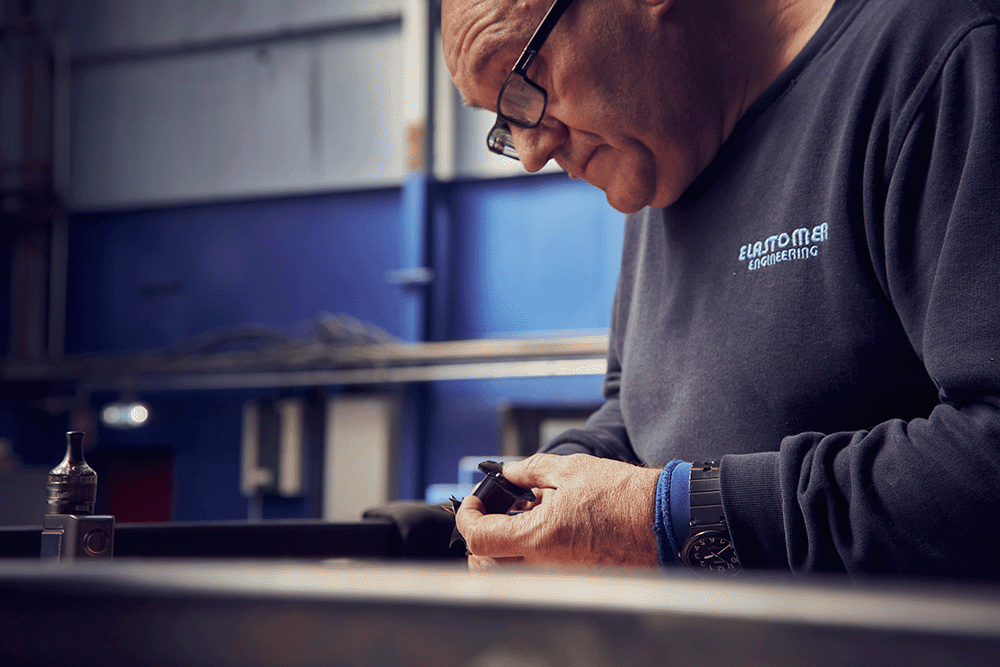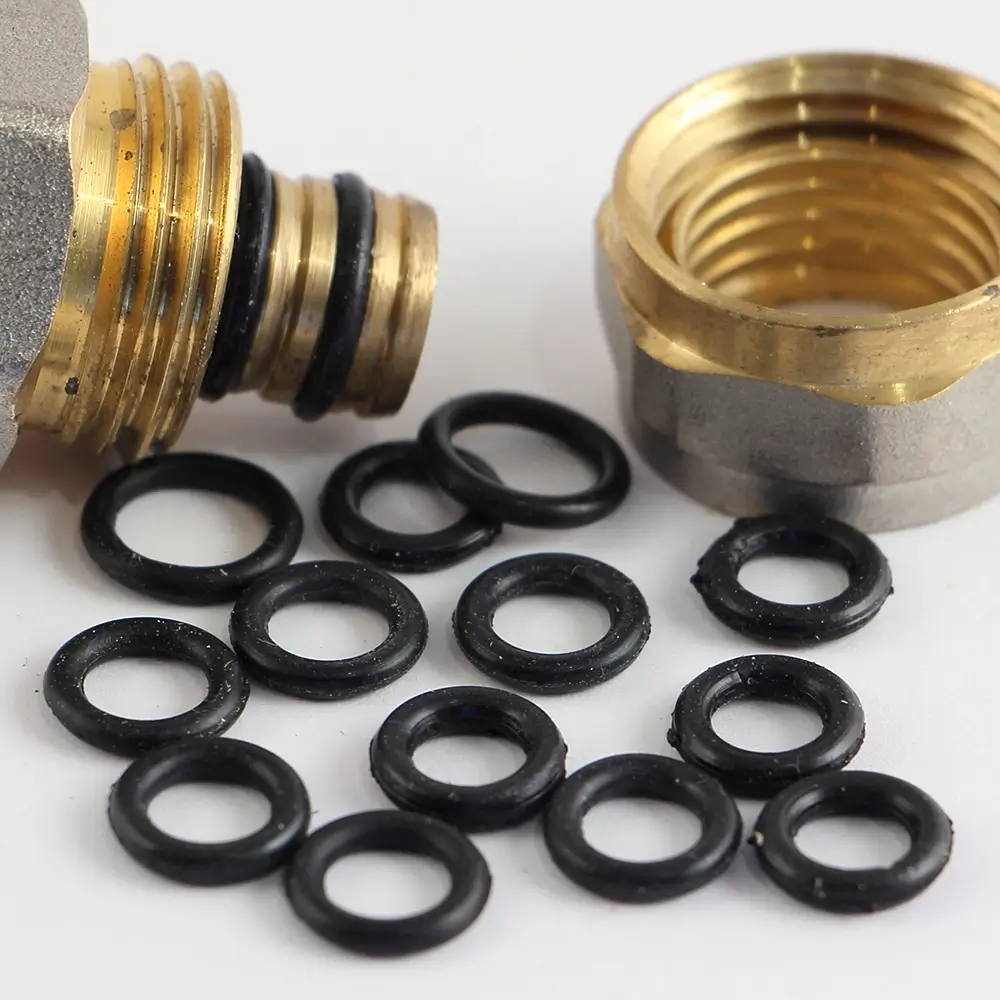
Material Guide: Styrene Butadiene Rubber
Our Gude To SBR Rubber – Styrene Butadiene Rubber
Styrene-Butadiene Rubber (SBR rubber) is a synthetic rubber consisting of styrene and butadiene monomers. The random copolymer has similar characteristics to that of natural rubber.
SBR rubber is one of the cheaper general purpose rubbers used as a substitute for natural rubber (NR), making SBR rubber a cost-effective alternative.

What Are The Advantages Of Styrene Butadiene Rubber?
There are a range of advantages of using SBR rubber. Often it is used as a replacement for natural rubber due to its cost-effectiveness. Additionally, SBR rubber offers excellent abrasion resistance and crack endurance. It also delivers a good compression set and water resistance.
While it is commonly understood that SBR rubber’s physical strength, resilience, and low-temperature properties are usually inferior to natural rubber, SBR rubber’s heat-ageing properties and abrasion resistance are much better.
What Are The Disadvantages Of SBR Rubber?
A potential downside of SBR rubber is that it is not oil or fuel resistant. In addition, it can be prone to weathering. One of the main disadvantages of SBR rubber is its poor sunlight and ozone resistance. These factors make it less effective in outdoor applications.
What Are The Typical Applications Of SBR Rubber?
Typical applications of SBR include:
- Drive Couplings
- Haul-off Pads
- Shoe Soles/Heels
- Tyres
An application where SBR rubber is not typically applied is the food and beverage industry. However, in recent years, some specialised food-grade polymers have been developed for food, pharmaceutical, and cosmetic applications.
What Temperatures Can Styrene Butadiene Rubber Operate Under?
The typical working temperature for SBR rubber ranges from -25°C to +100°C for static sealing.
Looking for more detailed information on the different types of rubbers and polymers we work with? Then check out our material guides where you can find FAQ’s and more guides like this one detailing all you need to know. If you are looking for rubber or polymer products get in touch with DLR Elastomer today via our contact page or via LinkedIn and we can chat over your requirements.

Any questions? Get in touch
Since 1895 DLR has been combining expansive knowledge of materials, their properties, and processing techniques to develop bespoke mouldings and fabrications for many industry sectors. Our core services include moulding rubber, rubber sheeting, Petroseals, and cast polyurethane products. If you have any questions about our products, our process or the materials we use get in touch today!


